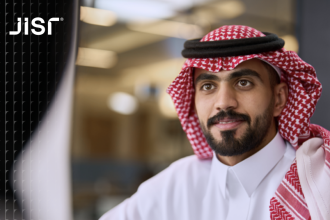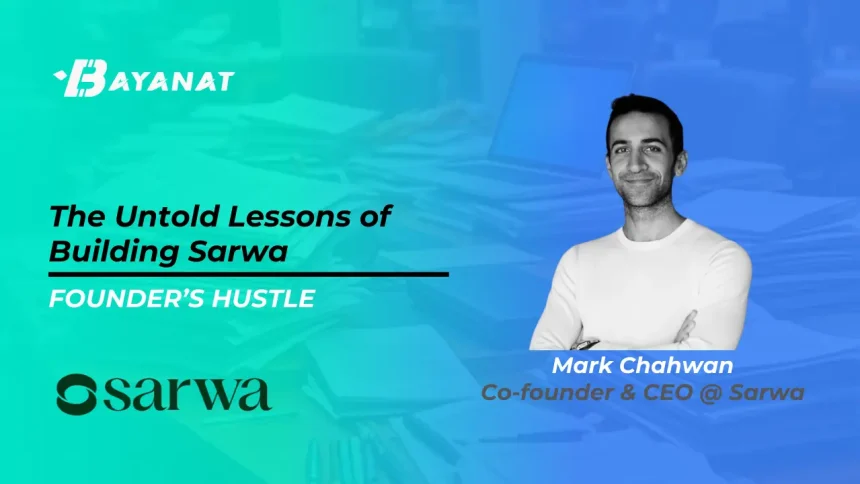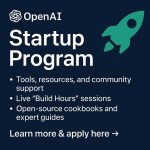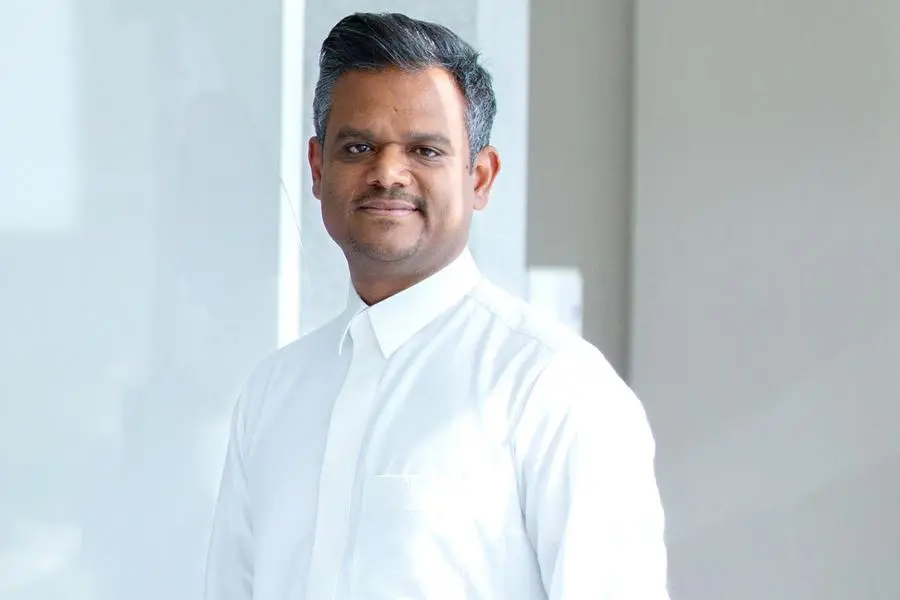Sarwa, the Middle East’s leading investing platform, has surpassed AED 20 billion in cumulative trading volume, a major milestone in its journey from a robo-advisory startup to a regional investment powerhouse. In a recent interview, co-founder and CEO Mark Chahwan shared candid insights on the company’s evolution, from its early regulatory breakthroughs to its strategic shift into active trading.
By the Numbers
The company’s growth journey has been marked by significant milestones:
- AED 20 Billion: The cumulative trading volume recently surpassed by the platform.
- $1.3 Million: The pre-Series A funding round that marked a tough turning point for the young company.
- 5% Weekly Growth: The user growth target that helped the team shift its mindset and track progress more effectively.
From a Side Project to a Regulated Brokerage
Sarwa began as a side project between co-founders Mark Chahwan and Jad Sayegh, with a vision to make investing effortless through a robo-advisory platform. A major turning point came when the startup was accepted into a government accelerator and the Dubai Financial Services Authority’s (DFSA) regulatory sandbox, which drastically lowered the capital requirements and provided a clear path to licensing. Becoming the first company to graduate from the sandbox was a major milestone that solidified the founders’ determination.
The Pivot from Passive to Active Trading
One of the most significant lessons for Sarwa was that product-market fit is not a one-time achievement. The company’s initial thesis was that customers wanted a hands-off, passive wealth management solution. However, post-COVID feedback revealed a much larger adjacent opportunity: active trading. This shift from “wealth management only” to “wealth management plus brokerage” required a complete repositioning of the brand and operating model, moving from a passive, long-term mindset to a dynamic, daily engagement platform. “I don’t think we’d be as big, or even still here, if we hadn’t pursued this adjacent opportunity and had instead just stuck to being a robo-advisor,” Chahwan admits.
Key Lessons for Founders
Chahwan shared several key insights from his journey:
- Fundraising is a full-time job: “The worst thing you can do is have all founders juggling fundraising alongside full-time jobs. The CEO needs to step back, go all in, and then return to day-to-day operations”.
- Don’t undervalue your product: He holds a contrarian belief that too many regional startups offer free or heavily discounted services, undermining their own sustainability.
- Trust your gut: He emphasizes the importance of balancing investor advice with a founder’s own instincts, especially around critical areas like governance and company culture.
Source: Bayanat














